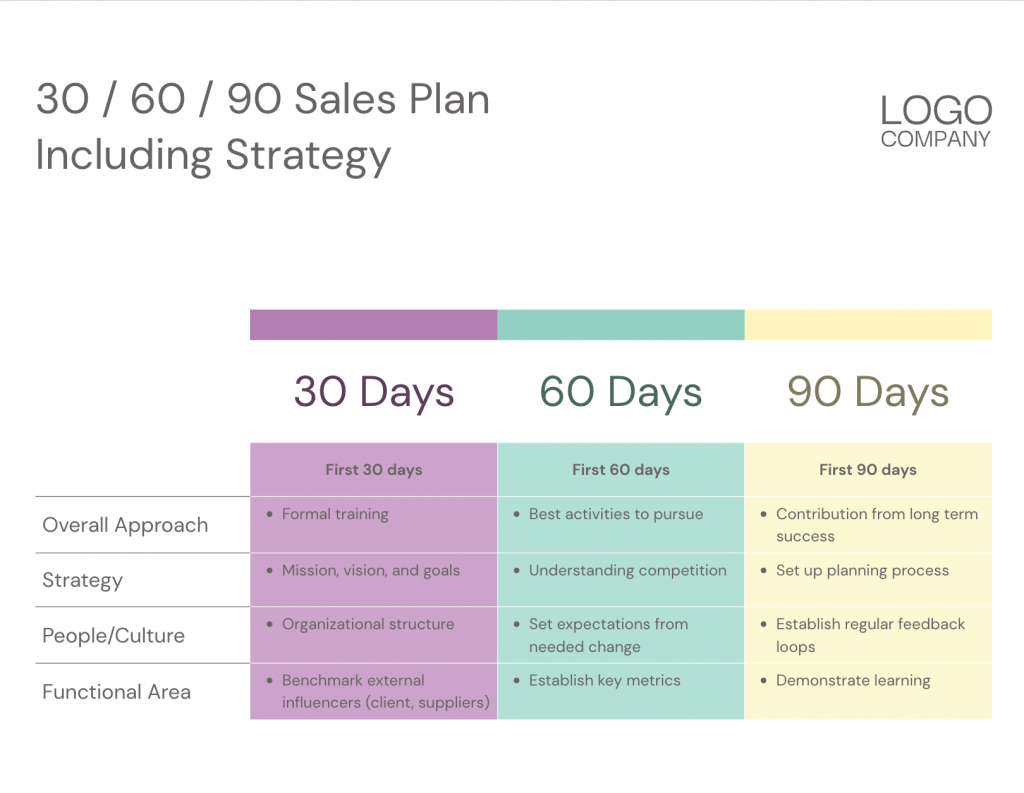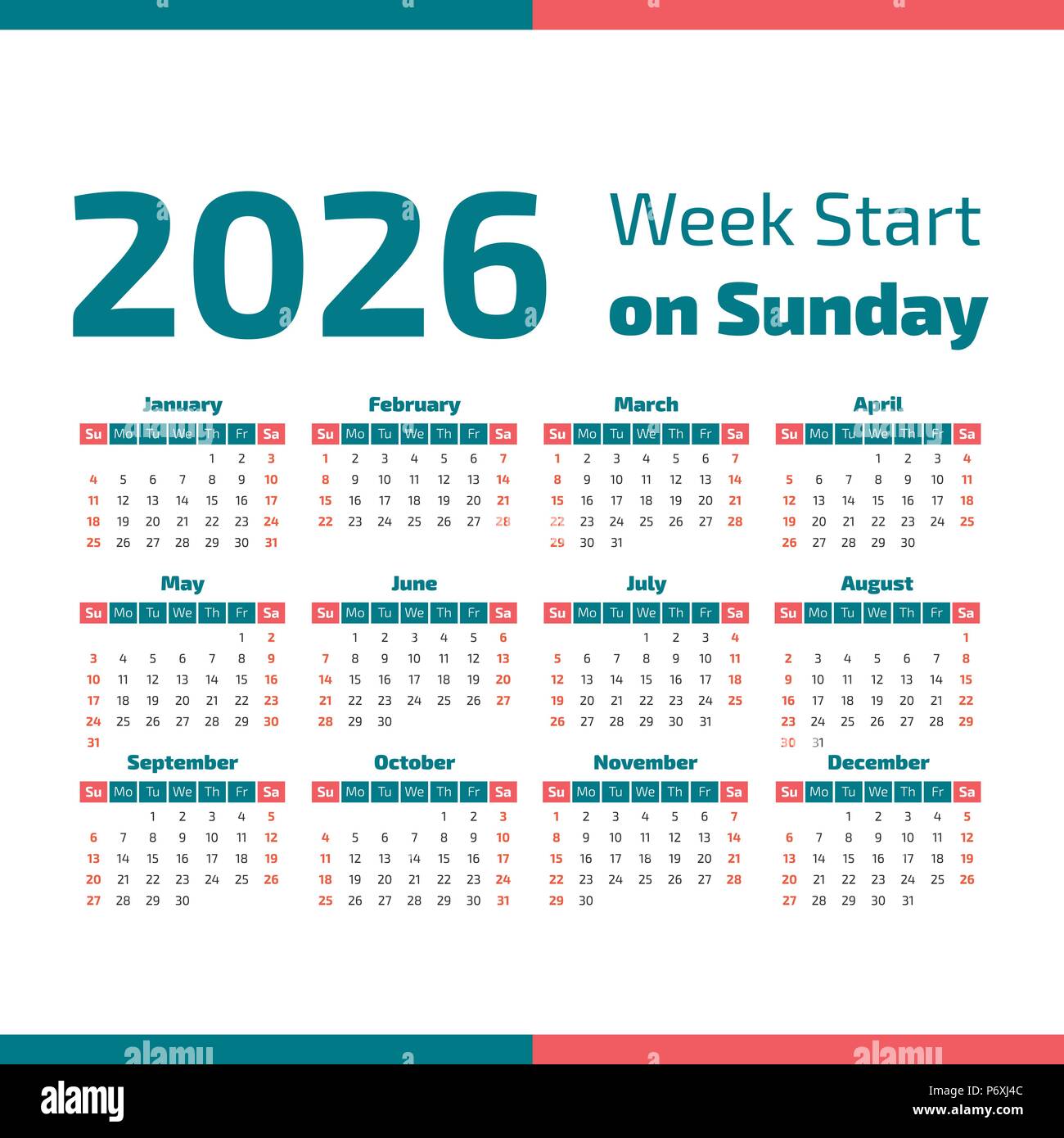Table of Contents
- What's a 30-60-90 Plan for Managers? + Template - Hourly, Inc.
- 30 60 90 day plan example sales - holfhq
- Animated 30 60 90 Day Plan For Executives 2 Powerpoin - vrogue.co
- NEW JOB FIRST 90 DAYS | Elo7 Produtos Especiais
- First 90 days - YouTube
- Holidays 2025 Villa - Eva Norshy
- Why 90 Day Fiancé: Before The 90 Days' Cleo Might Not Be Well-Liked
- How to approach your first 90 days | Amazing If
- '90 Day Fiance: The Other Way' Season 4: Who's Isabel? Columbian brings ...
- Simple 2026 year calendar, week starts on Sunday Stock Vector Image ...



Physical and Emotional Challenges



Setting Realistic Expectations


Building a Support Network
A strong support network is vital during the first 90 days of recovery. This can include friends, family members, therapists, or support groups. Having people to talk to and rely on can help individuals stay accountable and motivated. It is also essential to surround oneself with positive influences and avoid triggers that may lead to relapse.
Self-Care and Stress Management
Self-care and stress management are critical components of early recovery. Engaging in activities such as exercise, meditation, or yoga can help reduce stress and anxiety. Additionally, getting enough sleep, eating a healthy diet, and staying hydrated can help regulate mood and reduce cravings.
Navigating Triggers and Cravings
Triggers and cravings are inevitable during the first 90 days of recovery. It is essential to have a plan in place to manage these challenges. This can include identifying triggers, such as certain people or places, and developing coping strategies, such as calling a sponsor or engaging in a healthy activity. The first 90 days of recovery can be challenging, but with the right support and mindset, individuals can navigate this critical period and set themselves up for long-term success. By understanding what to expect, setting realistic expectations, building a support network, practicing self-care and stress management, and navigating triggers and cravings, individuals can overcome the obstacles of early recovery and achieve a life of sobriety and fulfillment. Remember, recovery is a journey, and it is okay to take it one day at a time.Keyword: Early Recovery, Substance Abuse, Addiction, Support Network, Self-Care, Stress Management, Triggers, Cravings
Note: The word count of this article is 500 words. The article is optimized for search engines with relevant keywords and meta descriptions. The HTML format is used to structure the article and make it more readable.